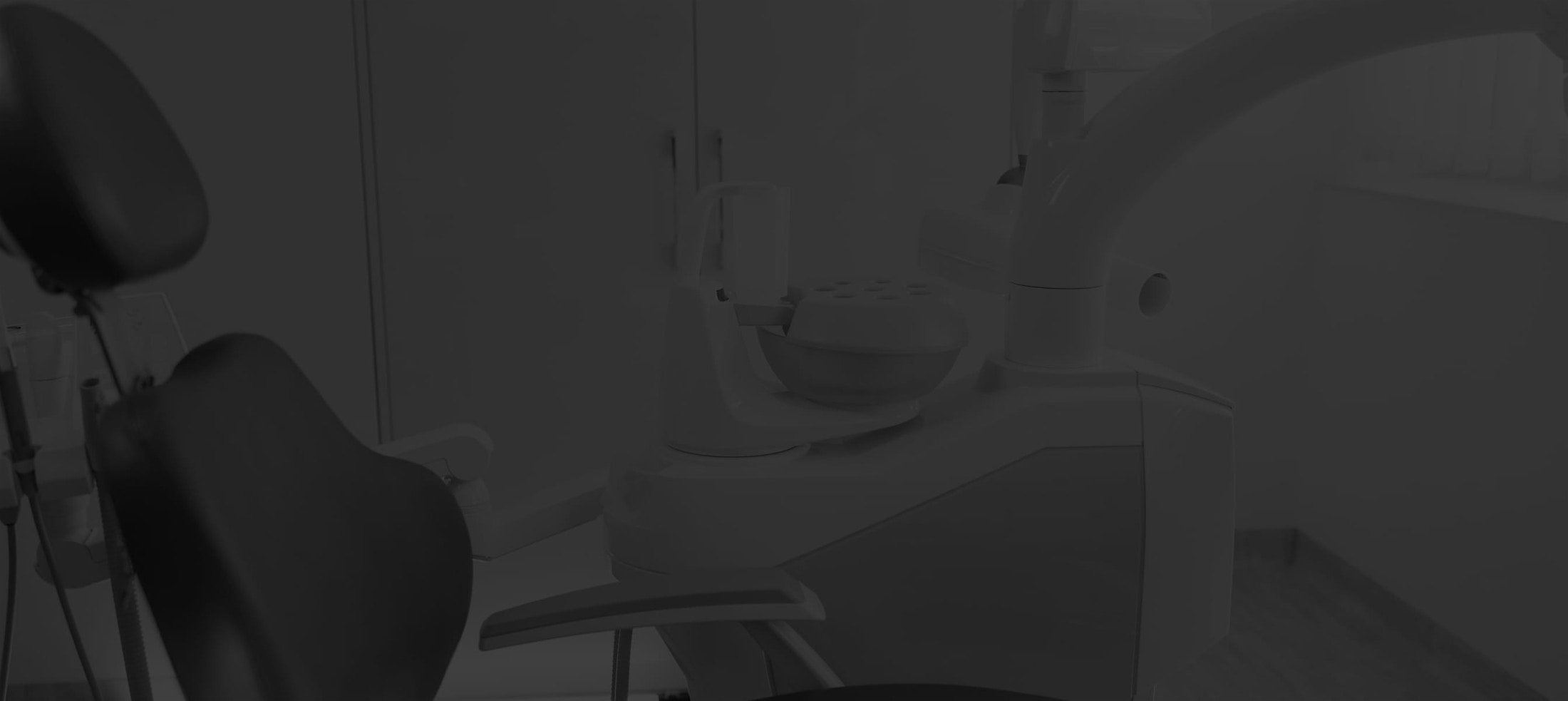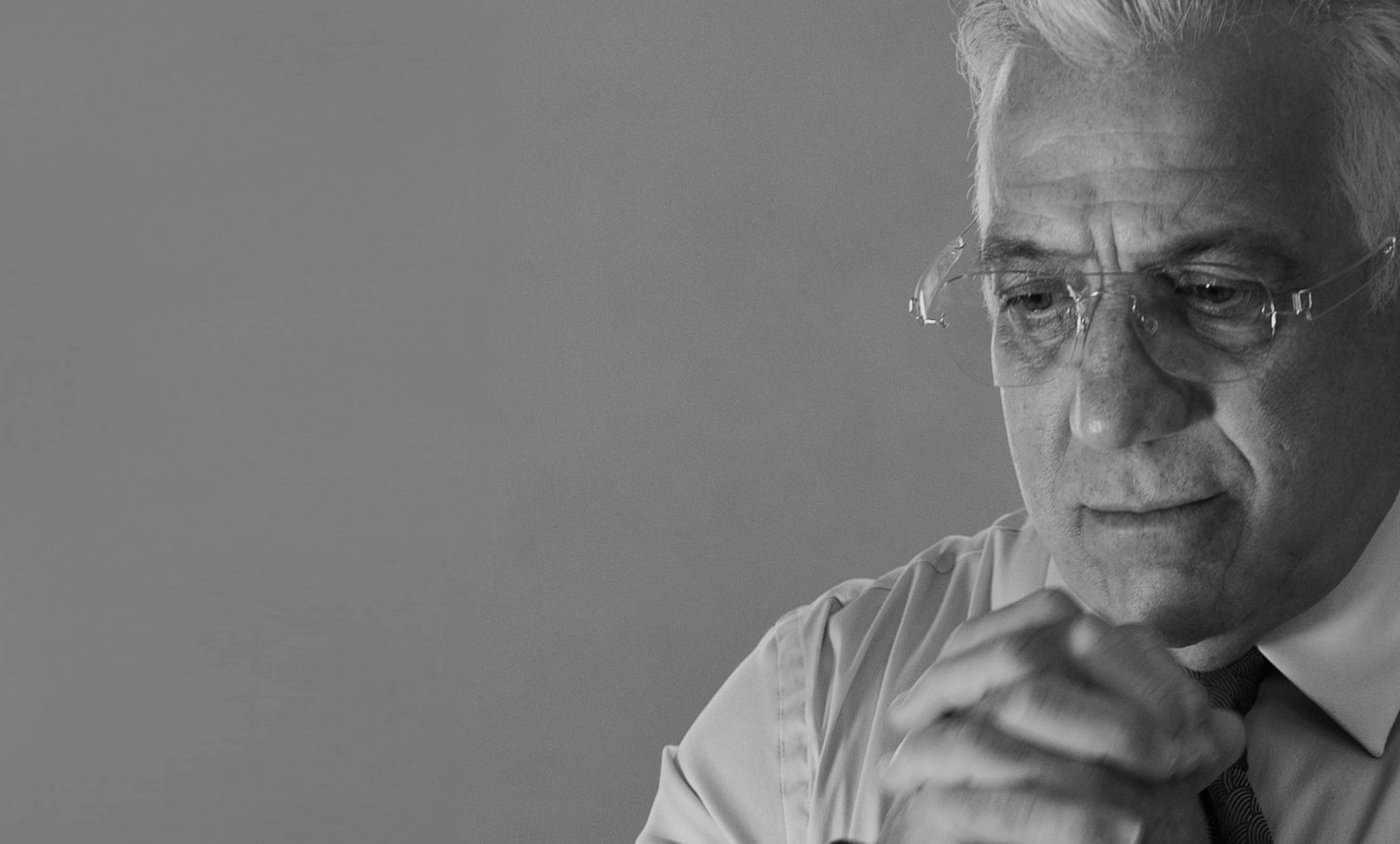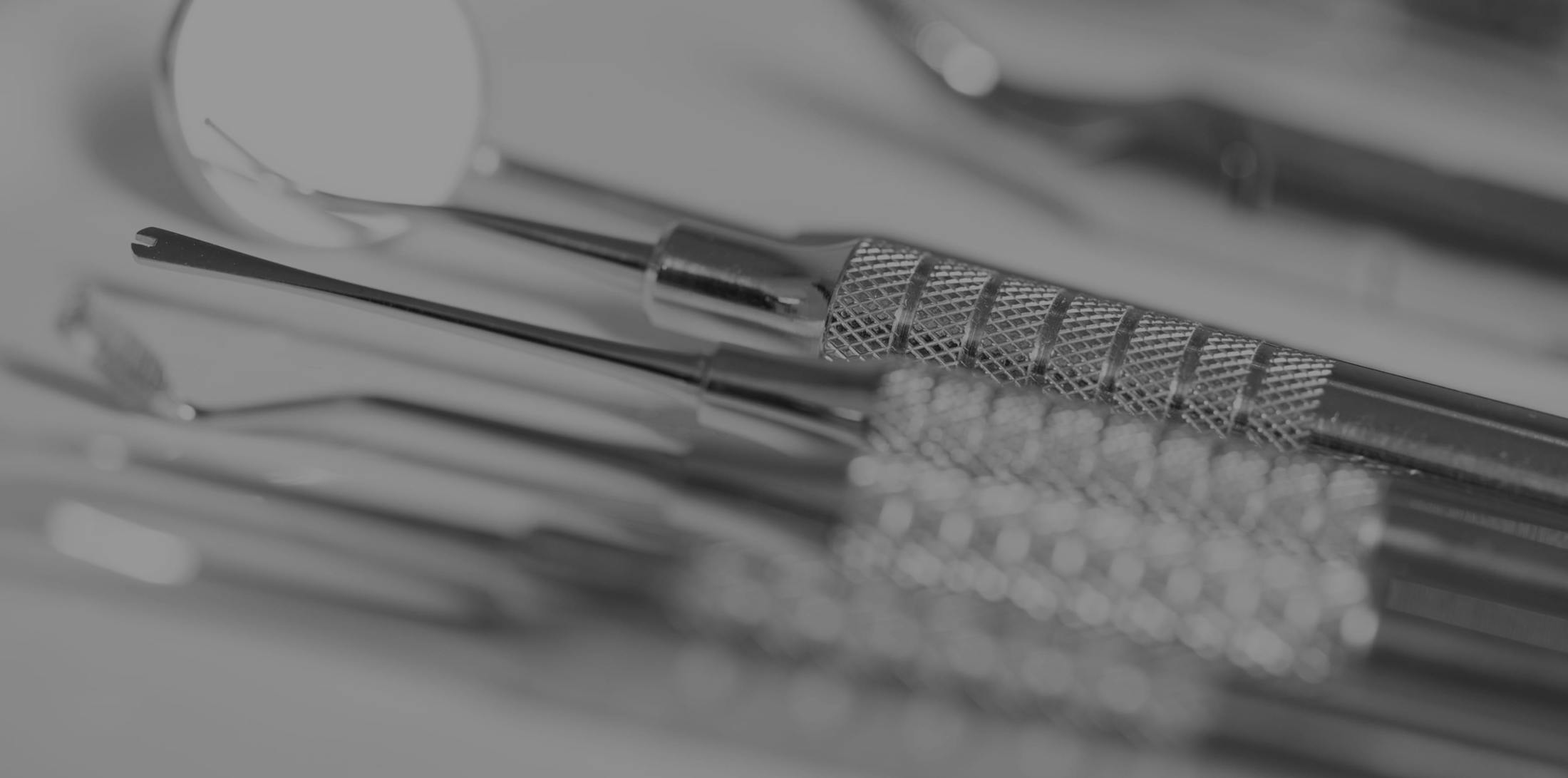What is dry mouth? Dry mouth (xerostomia) is a common condition in which your oral cavity lacks moisture.
What Causes Dry Mouth?
Many lifestyle choices and medical conditions can cause or increase your risk of dry mouth:
- Mouth breathing (common in sleep apnea)
- Dehydration
- Stress
- Tobacco use
- Alcohol use
- Diabetes
- Autoimmune diseases
- Rheumatoid arthritis
- Sjögren’s syndrome
- Alzheimer’s disease
- Parkinson’s disease
- HIV/AIDS
- Nerve damage
- Cancer treatment, chemotherapy radiation therapy
- More than 1,800 pharmaceutical drugs
Since mouth breathing is a significant cause of dry mouth, it’s important to know what can lead you to breathe through your mouth:
- Allergies
- Sleep apnea
- Deviated septum
- The shape of your nose
- Bad breathing habits







